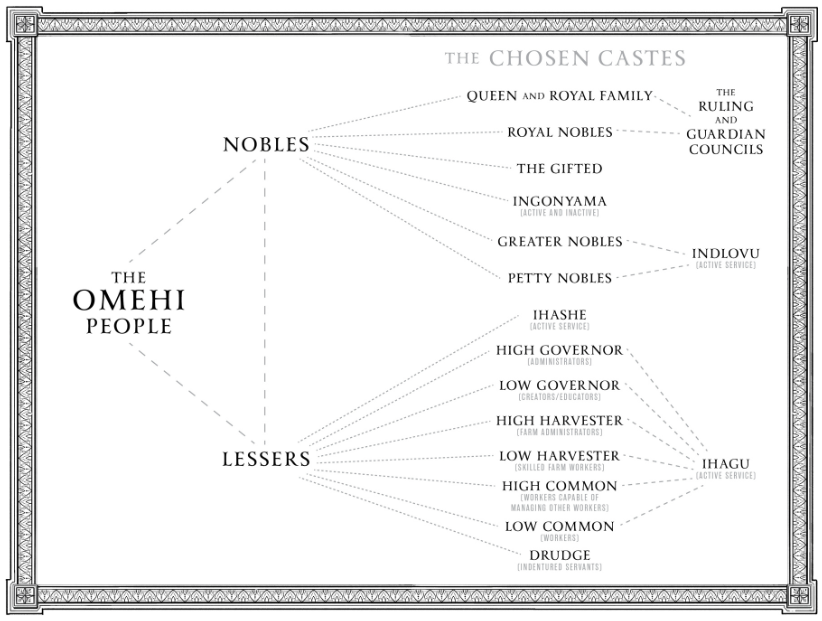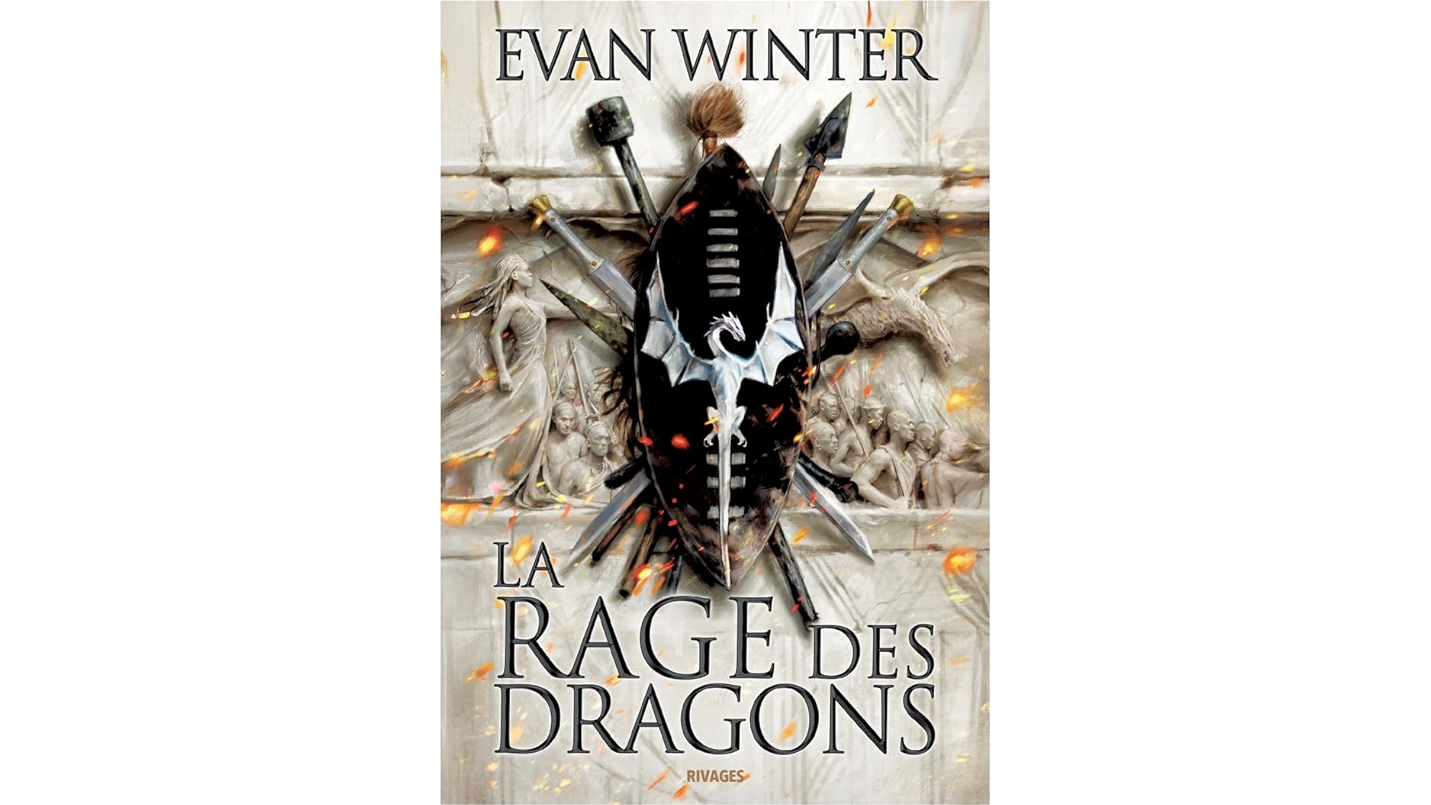Publishing moving at the pace it does, it’s been a while since I’ve last had a new release to announce. I am thus very happy to tell that the French translation of Evan Winter’s The rage of dragons, first fantasy book in the Rivages/Imaginaire imprint, was published yesterday. And I’m all the happier since it’s a novel I’ve loved translating.
First book in what is going to be a fantasy tetralogy, The rage of dragons takes place in an Africa-inspired world (Winter grew up in Zambia, where his Xhosa ancestors lived). It tells the life of Tau, a young fighter apprentice of the Omehi, a people embroiled in a perpetual war against their Hedeni neighbours, whose land they invaded nearly two centuries before.
Tau doesn’t really want to become a warrior, but in the highly rigid and militaristic caste society of the Chosen (the name the Omehi give themselves), he doesn’t have much of a choice. He is still trying to find a way to avoid being sent to the frontlines when tragedy strikes hsi family. Joining the army then becomes his only way of quenching his thirst for vengeance.
As you’ll have gathered, this is quintessentail epic fantasy, giving pride of place to well-paced fight scenes and poignant moments, as well as a complex world and convincing characters. Winter’s fantasy also stands out because of the world he’s created: to do so, he picked elements of the history and traditions of several African countries, and ended up with something as personal as interesting to translate.
Indeed: as ever with secondary worlds (meaning they’re distinct from ours, whether we’re talking about fantasy or science-fiction), there’s a whole vocabulary to get a hold of and reinvent in the target language.

The caste tree in the original version
A couple examples:
- the Omehi society is made up of a dozen or so different castes, which is as many names for which you have to find the perfect equivalent, in terms of meaning AND of catchiness. And all of it without repeating yourself…
- in English, the name of peoples never agrees as an adjective or as a noun. It is not so in French, so should we keep “Omehi” in all cases? Or have it agree (e.g. “an Omehi woman” => “une femme oméhie”)?
- and what about the spelling of all these words borrowed from Zulu (isihogo, ihagu, indlovu…)? Should we keep them as is, or use a phonetical transcription, as has historically been done in French (and thus write zoulou instead of zulu)?
And I’m not mentioning all the quiet worldbuilding, the dynamic style that you must do justice, and many other things which made this translation engrossing.
La rage des dragons is thus available in all good French bookshops, and I hope that you’ll enjoy reading it as much as I did translating it.
You will find more info (reviews, etc.) on the book’s page in my portfolio
